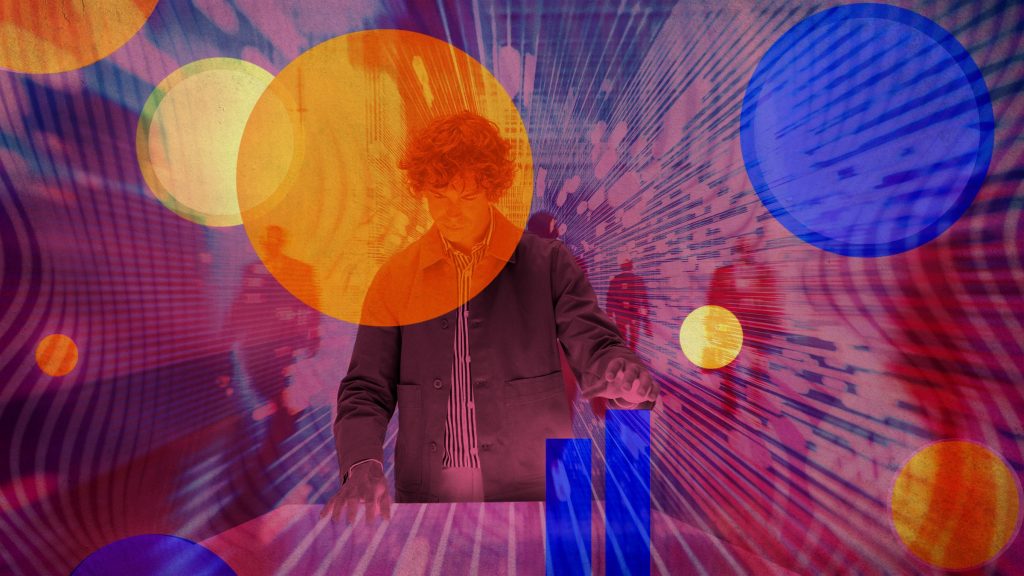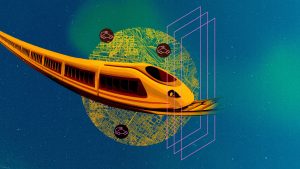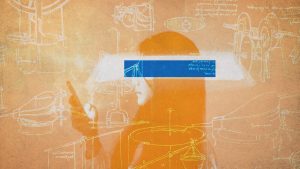The AI-Fueled Future of Work Needs Humans More Than Ever
The AI-Fueled Future of Work Needs Humans More…

The AI-Fueled Future of Work Needs Humans More Than Ever
In today’s rapidly evolving technological landscape, artificial intelligence (AI) is increasingly becoming a crucial component of the workforce. As AI continues to advance and automate tasks that were previously performed by humans, many fear that it will lead to widespread job displacement. However, the reality is that AI is not here to replace humans, but rather to augment and enhance their capabilities.
While AI can certainly streamline processes and increase efficiency, it lacks the emotional intelligence, creativity, critical thinking, and problem-solving skills that are uniquely human. These are the very skills that will be in high demand as AI takes on more routine and repetitive tasks. As such, the future of work will not be a competition between humans and machines, but a collaboration.
Humans will still hold a significant advantage in areas such as innovation, empathy, communication, and leadership. These are qualities that are essential for building relationships with clients, coming up with creative solutions to complex problems, and adapting to unforeseen challenges.
Furthermore, AI is only as effective as the data it is trained on, and humans are needed to ensure that the data is accurate, unbiased, and ethically sourced. Without human oversight, AI systems run the risk of perpetuating harmful biases and making flawed decisions, which could have far-reaching consequences.
In essence, the AI-fueled future of work will require humans to step into roles that prioritize uniquely human skills, while leveraging AI to handle routine tasks and provide valuable insights. This symbiotic relationship between humans and AI has the potential to revolutionize industries, drive innovation, and create new opportunities for growth and development.
Ultimately, the future of work is not about humans versus machines, but about humans working alongside machines to unlock their full potential. By embracing this collaborative approach, we can ensure that the AI-fueled future of work is a more inclusive, diverse, and equitable one for all.






